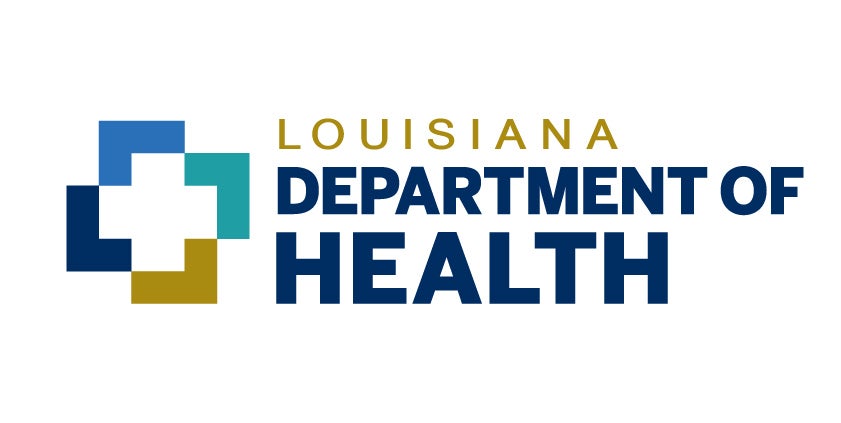Doctors, not insurers, should prescribe medications and treatment
Published 8:28 am Thursday, May 28, 2020

- Dr. Anil S. Paramesh
|
Getting your Trinity Audio player ready...
|
As a kidney transplant surgeon and board member of the National Kidney Foundation of Louisiana, I work to treat chronic kidney patients every day to help them have a better quality of life. Their care and lives are in my hands and I take this responsibility very seriously. This is why the National Kidney Foundation of Louisiana and kidney transplant professionals and patients support HB 263 by Representative Huval to update the state’s step therapy law and ensure that Louisiana patients have access to the right medicine at the right time.
Step therapy, also known as “fail first,” is an insurance company practice that requires patients to try and fail one or several medications dictated by their insurer before allowing the patients to take the medicine recommended and prescribed by their provider. Step therapy protocols vary widely among insurers. Navigating an exception request to the step therapy protocol can be confusing and time consuming for patients and their healthcare providers, sometimes taking weeks or even months. Transplantation is a relatively new field and is on the cutting edge of technology. Transplantation represents the best option for the multitudes of people with kidney failure; however, these patients require life-long monitoring for complications of the transplant, including infections and rejection. The transplant physician community in the U.S. is constantly working to improve the lives of their patients and study new breakthroughs in treatment every year. Shackling a patient to an older therapy when newer therapies are being utilized not only hampers progress for these patients but can increase the risks of kidney graft losses, increasing mortality and overall costs for everyone.
Louisiana was the first state to address step therapy/fail first practices employed by health insurance companies. Since then many states, including Texas, have followed Louisiana’s lead. HB 263 by State Representative Mike Huval provides reasonable updates and modernizes our current legislation.
uring the COVID-19 pandemic, it has become evident that people with chronic conditions and compromised immune systems are at higher risk of complications or death from infection. Unnecessary barriers to appropriate treatments for their underlying conditions make it more likely that these patients could need additional medical interventions or even hospitalization, placing additional burdens on an already burdened healthcare system.
Now is the logical time to support and pass HB 263 so patients can appropriately seek exceptions to ‘fail first’ policies and avoid the unnecessary burdens that prevent appropriate and timely care.
This column was submitted by Anil S. Paramesh, MD, MBA, FACS. Dr. Paramesh is a professor of surgery, urology and pediatrics at Tulane University School of Medicine in New Orleans, where he also serves as the surgical director of kidney/pancreas/living donor transplantation.





